Nature reports
Category: Plants
Page 2 of 10 - 96 Results
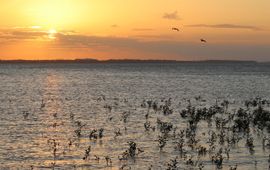
A large quantity of fossils from the period just before and during the last ice age have been discovered in French Guiana. The area changed from a species-rich mangrove system to a dry grassland savannah in a relatively short..
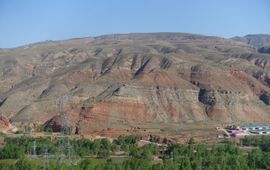
An increase in greenhouse gases in the atmosphere 56 million years ago abruptly led to a wetter Central Asia with more plant growth. The publication in the scientific journal Nature Geoscience by an international group of..
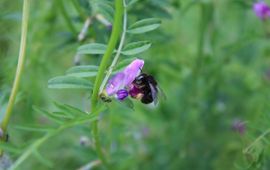
Since 2018, researchers from Wageningen University & Research have been measuring bees and flowers across the Geuldal area of South Limburg to understand how to improve habitat for bees. A recent study shows that across five years..
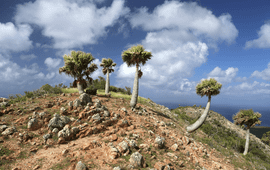
Scientists from CARMABI and Wageningen University and Research made a groundbreaking discovery this week: a previously unknown population of the Curaçao Kabana palm on the eastern slope of the Christoffelberg. These palms are..
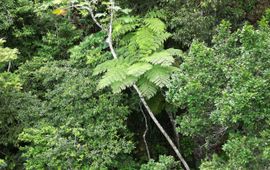
For 138 years, the steep slopes of the Quill volcano in Statia concealed a forgotten tree fern. Since 1885, the West Indian Tree Fern had not been recorded on the island. But during a vegetation survey, researchers found no less..
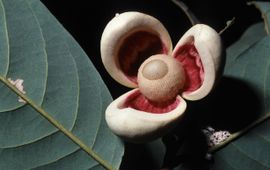
On the 30th of November a new book on the flora of the Guianas was festively presented at Naturalis. This book is a unique collection of the tropical plant family Annonaceae – also known as the soursop family – from Guyana, French..
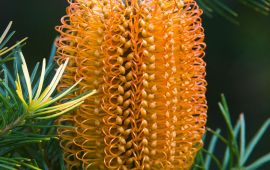
What different types of plants and fungi exist, how does variety in species arise, and how are the species doing? A new report from Kew Botanical Gardens released last Tuesday answers these questions. Naturalis researcher Renske..
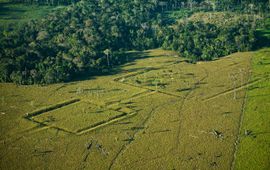
Hidden in the Amazon forest are thousands of remnants of ancient civilizations. These hidden structures, also called geoglyphs, reveal much about the history of the Amazon. A major study of these geoglyphs and their relationship..
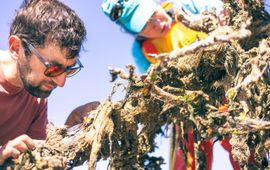
Artificial reefs in the Wadden Sea, made from discarded pear trees, are teeming with marine life after more than a year under water. That's shown in experiments by Jon Dickson, PhD candidate at NIOZ. "After four months, we already..
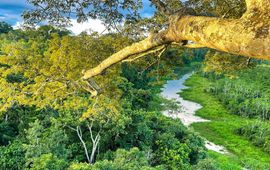
In certain areas in the Amazon, forests that were altered by humans during the past several hundred years may contain higher abundances of plant species that are more resilient to modern fire or drought events. ..
